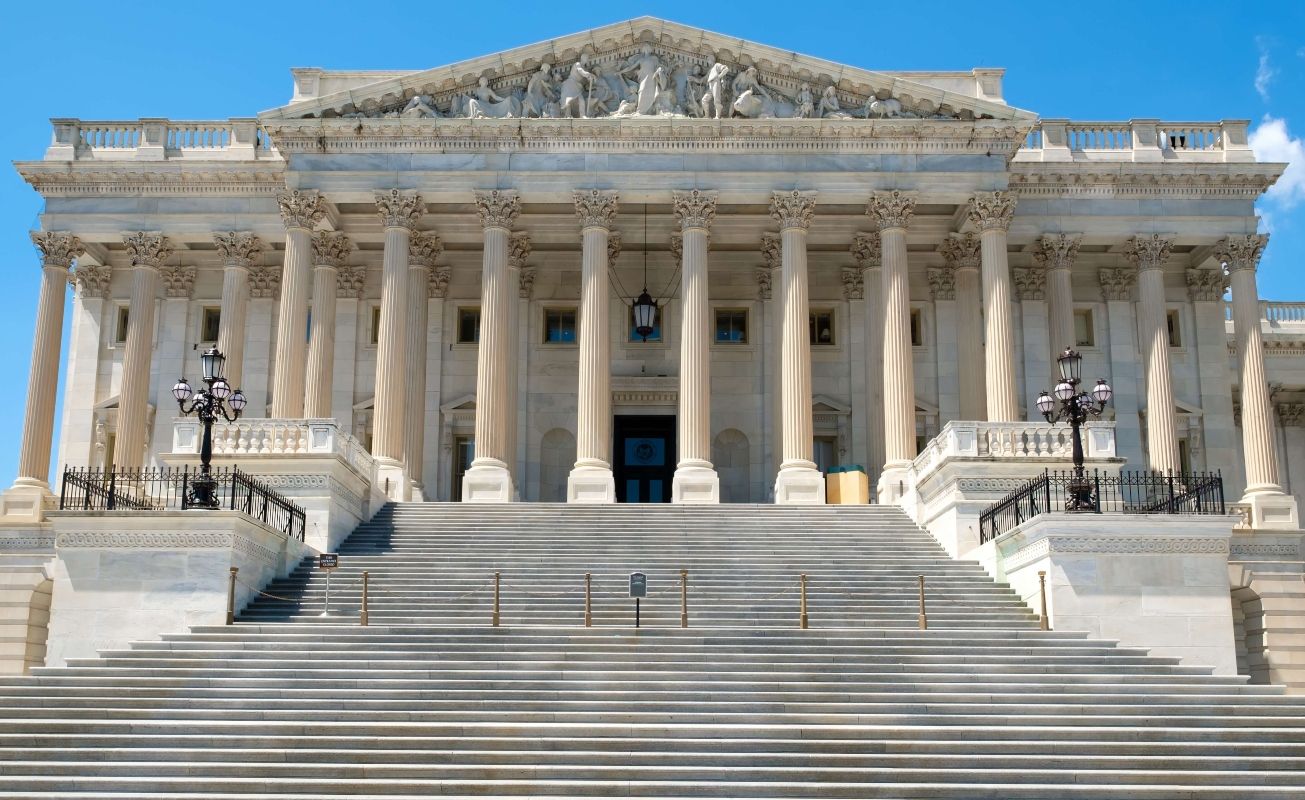Connecticut moved closer to legalizing a social equity-focused adult-use marijuana market after the state House of Representatives passed a bill in a special session Wednesday night.
In so doing, the House embraced a version supported by Gov. Ned Lamont and rejected an amended Senate-passed bill that Lamont has pledged to veto.
The legislation, Senate Bill 1201, passed by a vote of 76 to 62, with 13 lawmakers absent.
The bill now swings back to the Senate for its concurrence with the House version or – if the two chambers can’t agree – to a joint conference committee to see if differences can be resolved.
MJBizDaily has projected that a Connecticut adult-use marijuana market could generate $250 million in sales in its first full year and $725 million in the fourth year.
The key issue for Lamont is how social equity applicants would be defined.
The nearly 300-page bill doesn’t specify a market launch, but Lamont previously had targeted May 2022 as the start date.
“Connecticut is on the cusp of becoming the latest state to legalize cannabis,” Karen O’Keefe, director of state policies for the Marijuana Policy Project, said in a statement.
“This year has shown us that state legislatures are capable of rising to the challenge to end cannabis prohibition. A supermajority of Americans have made it clear that they favor a system of legalization and regulation rather than the status quo.
“This victory will add to the momentum towards cannabis policy reform in other states and at the federal level.”
Connecticut reflects the legalization domino effect along the East Coast since voters in New Jersey legalized adult use at the ballot box in November.
Since then, New York and Virginia have legalized a recreational marijuana market via their legislatures.
Social equity provisions
Connecticut’s social equity provisions include a requirement that indicates regulators must reserve 50% of applications for social equity applicants.
Most of the new licenses will be issued by lottery to provide a more equal opportunity for those who qualify, according to a Marijuana Policy Project bill summary.
Existing medical marijuana cultivators could apply for an adult-use license as soon as this summer but would be required to pay a $3 million fee or, if they create at least two social-equity joint ventures, a $1.5 million fee, the MPP bill summary noted.
Connecticut, which launched a medical marijuana market in September 2014, has four MMJ producers and 18 dispensaries.
Many are homegrown, but several multistate operators, including Illinois-headquartered Green Thumb Industries and Florida-based Trulieve, have spent tens of millions of dollars in the past two years to enter Connecticut’s MMJ market.
Massachusetts-based MSO Curaleaf, which began wholesale MMJ in October 2014, is the biggest player, holding one of four producer licenses and four of 18 dispensary licenses after additional acquisitions in 2020.
Connecticut bill specifics
The 2021 MJBizFactbook projects that MMJ sales in Connecticut will reach $165 million-$200 million in sales this year, up about 15% over 2020.
Under the adult-use measure, a prospective recreational marijuana operator would be required to make a “good-faith effort” to enter into a labor peace agreement with a union before receiving its final license.
Here are some other key business elements of the measure:
- Local jurisdictions could prohibit retail sales through zoning laws, but residents could petition for a local referendum to approve adult-use stores.
- Municipalities would be limited to one marijuana retailer and one micro-cultivator per 25,000 residents until July 1, 2024.
- Municipalities that allow recreational marijuana sales would collect a sales tax of 3%.
Product sales also would be subject to the state sales tax of 6.35%, plus:
- 0.625 cents per milligram of total THC for plant material.
- 2.75 cents per milligram of total THC for edibles.
- 0.9 cents per milligram of total THC for other marijuana products.
Jeff Smith can be reached at jeff.smith@mjbizdaily.com.





